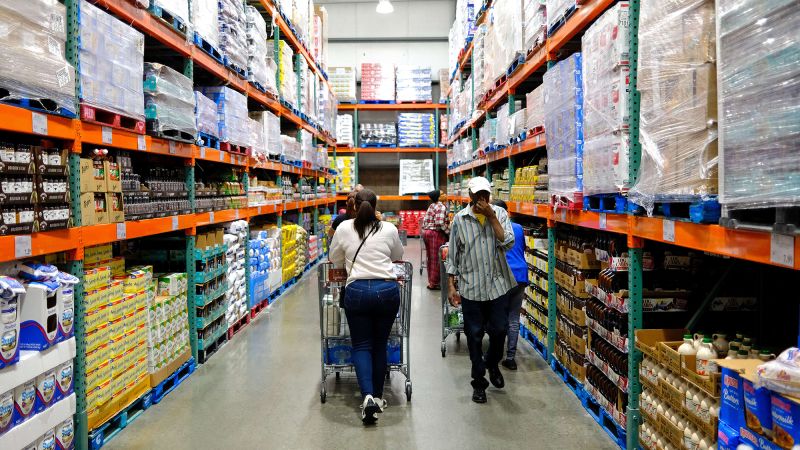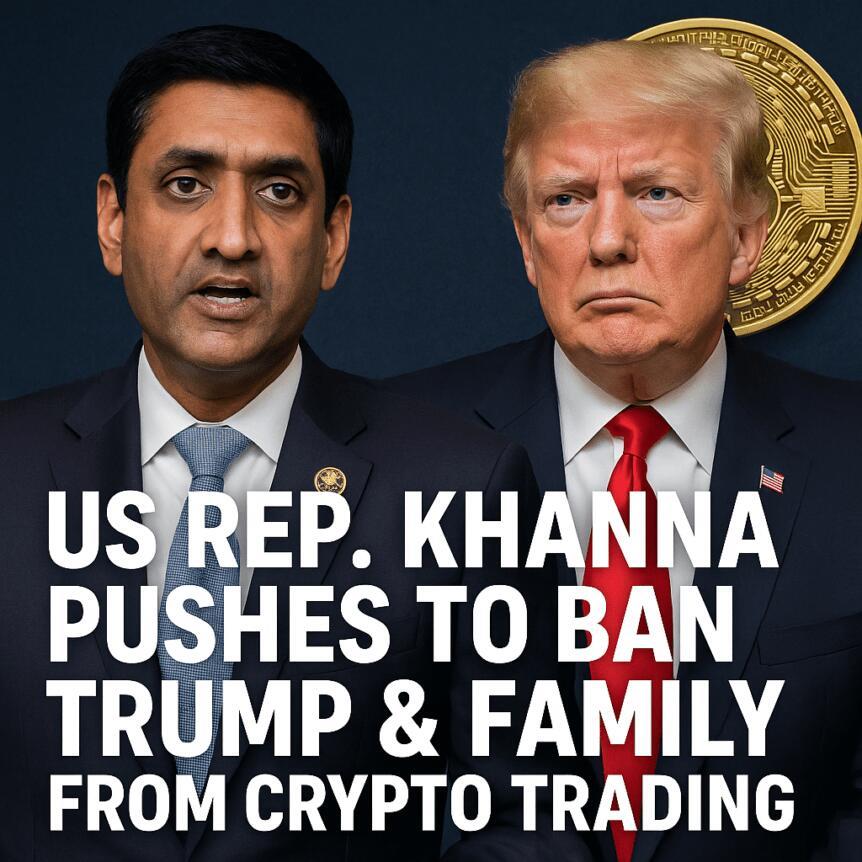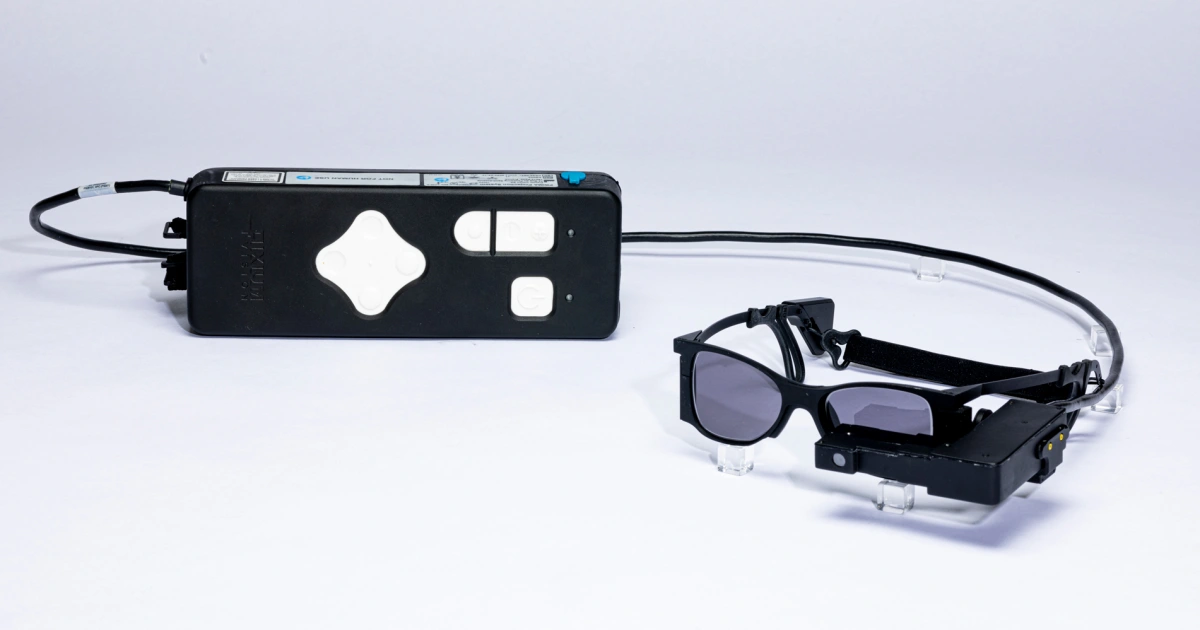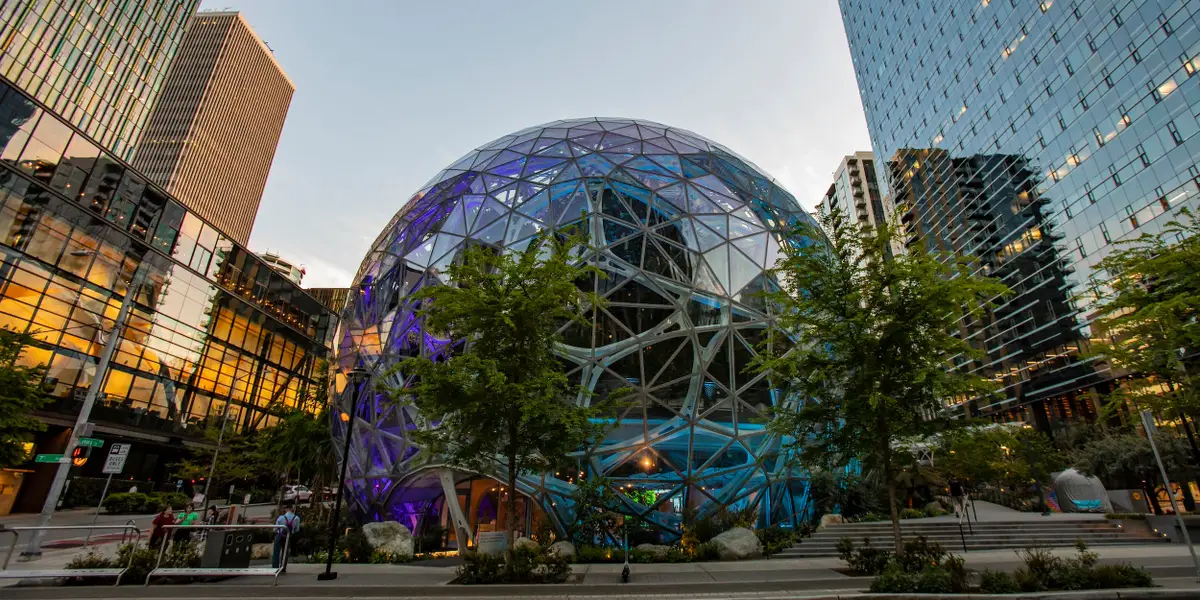Copyright Cable News Network

Many Americans worried about high prices might expect some relief if a deeply skeptical Supreme Court reins in President Donald Trump’s tariffs. If you’re among them, don’t get your hopes up. In a consequential Supreme Court case Wednesday, a majority of the justices expressed concern that Trump may have overstepped his authority in levying tariffs with practically zero limits. Trump has imposed enormous import taxes in a number of unprecedented ways: He placed tariffs high enough to effectively serve as a temporary embargo on all Chinese goods, retaliated against Brazil’s conviction of its former president and Trump ally Jair Bolsanaro, and pressured India to ditch Russian oil. Those tariffs have begun to raise some prices for Americans, who ranked the cost of living as the most important issue facing the country in a new CNN poll conducted by SSRS. Nearly three quarters (72%) of Americans say the US economy is in bad shape, and 61% say Trump’s policies have made economic conditions worse. The Supreme Court may ultimately rule the bulk of Trump’s tariffs – his signature economic policy – to be illegal. But that wouldn’t give Americans much of a breather: Tariffs haven’t raised prices as much as you may think. And Trump has other tools to raise tariffs even if the Supreme Court rules against him. Tariffs’ limited effect The US government’s inflation data shows tariffs have started to gradually raise some prices, particularly for goods that are almost exclusively imported, such as shoes and furniture. Still, the overall pace of price hikes has been far from dramatic. Annual inflation rose to 3% in September, the highest rate since January but far from the 9% rate during the post-pandemic inflation crisis. Tariffs have had a limited impact for a number of reasons. That’s not to say tariffs are inconsequential. Businesses have chosen to pay roughly 80% of the tariffs’ cost – for now – according to a recent JPMorgan analysis. And what you’re not feeling in your pocket, you may be feeling in your job prospects: That hit to companies’ profit has contributed to America’s slowing job market, JPMorgan economist Michael Hanson says. And consumers could still pay more of tariffs’ cost down the line. There’s mounting evidence companies are preparing to pass along those costs: Recent Producer Price Index reports showed that businesses are beginning to raise their wholesale prices, indicating many companies have reached the limit of what they can pay for before charging customers more. And CEOs on recent earnings calls have said some higher prices are inevitable. “There is no free lunch,” Hanson said. “We continue to expect that consumers ultimately will foot most of the tariff bill.” Nevertheless, most inflation-weary Americans are upset with the economy because the cumulative effect of higher prices have been wreaking havoc on the economy for the past five years – not because of tariffs, specifically. The typical household is spending $1,043 more per month than they did at the start of 2021 – for the same stuff, according to Moody’s. Paychecks haven’t kept up. Inflation rose to a four-decade high in 2022. That means an entire generation of Americans had never experienced anything like the surging prices of the past several years. Although inflation – the rate of those price hikes – has since returned to normal, those higher prices haven’t really had time to settle into the country’s psyche. People are still shocked when they compare the prices they’re paying now to what they were paying just a few years ago. Typically, price hikes occur gradually, in such small increments you hardly notice. And for some products, like new technology, prices can actually fall over time as supply increases – that’s why you can get a high-quality gigantic 4K TV for a couple hundred bucks now, when those TVs would set you back thousands a few years ago. This is something different: The first inflation shock many Americans experienced hasn’t yet worn off, and tariffs are a convenient – if largely inaccurate – foil for their pain. Trump can still impose tariffs The Supreme Court isn’t exactly Sonic the Hedgehog. Even with an expedited case, the justices may not rule for several months. In the meantime, Trump can continue to impose his tariffs, and price hikes may ultimately start to take hold of the economy. But if the Supreme Court ultimately rules that the bulk of his tariffs are illegal, Trump has other options, including other laws he’s already used to raise some import levies. They may be more restrictive than his broad use of emergency powers, but they’re not part of the current case before the Supreme Court. For example, Section 232 of the Trade Expansion Act of 1962 allows the president to raise tariffs on national security grounds. Trump has used that to raise steel, aluminum and copper tariffs. Section 301 of the Trade Act of 1974 allows the president to raise tariffs on nations deemed to violate trade agreements. And Section 338 of the Tariff Act of 1930, although never used, would allow the president to raise tariffs up to 50% on countries if they’re believed to be engaged in discriminatory trade practices. Trump called the case “life or death.” But JPMorgan CEO Jamie Dimon told CNN’s Erin Burnett Wednesday that he disagreed with the president. “It’s a factor,” Dimon said. “But it may not be the deciding factor” in whether the US economy keeps growing. CNN’s Elisabeth Buchwald contributed to this report.



